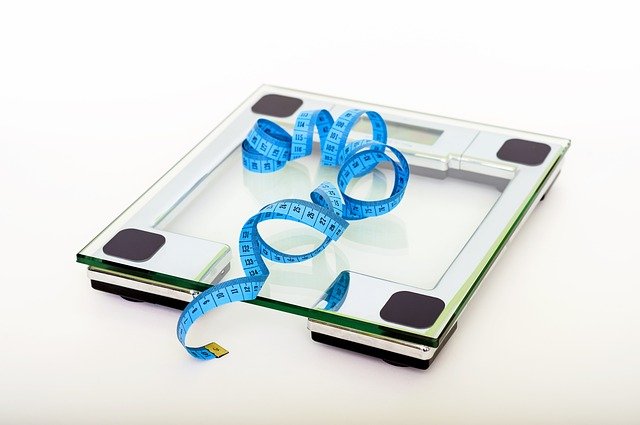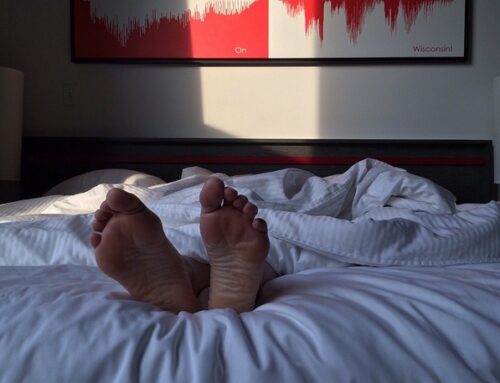Do you go to bed later than 9 p.m. or even midnight? If you do, then you might be at risk for gaining weight. That is because research has found that late sleepers consumed more calories a day, mainly at dinner and later in the evening. These late sleepers also ate half as many fruits and vegetables, twice the amount of fast food and even drank more full-calorie sodas than those who went to bed earlier. Let’s find out more.
You consume more calories
Consuming extra calories can mean a significant increase in weight gain. With almost two pounds extra a month, people are shown to gain more weight than expected when exercise is also not included. In a study from Northwestern Medicine, the late sleepers went to sleep at an average time of 3:45 a.m. and woke up by 10:45 a.m. They also ate breakfast at noon, lunch at 2:30 p.m., dinner at 8:15 p.m. and a final meal at 10 p.m. Normal sleepers on average were up by 8:00 a.m., ate breakfast by 9 a.m., lunch at 1 p.m., dinner at 7 p.m., a last snack at 8:30 pm and were asleep by 12:30 am.
Not only was the number of calories consumed each day key in weight gain, but so was the timing. For those who ate after 8:00 pm, they were more likely to have a higher body mass index, even after controlling for sleep timing and duration.
Find ways to lose weight
In order to maintain your health, it is important to lose weight. This is especially important if you suffer from sleep apnea. It is important to tailor your weight loss plans to your current health needs, medications and lifestyle. Talking with your doctor and dentist will help.
If you are experiencing any joint pain or are having difficulty moving, try hydrotherapy. The process of exercising in water can help make it easier for mobility despite high BMI, arthritic hips and knees.
Contact us at Pinnacle Peak Family Dentistry to learn more about sleep apnea and weight for health improvement.







